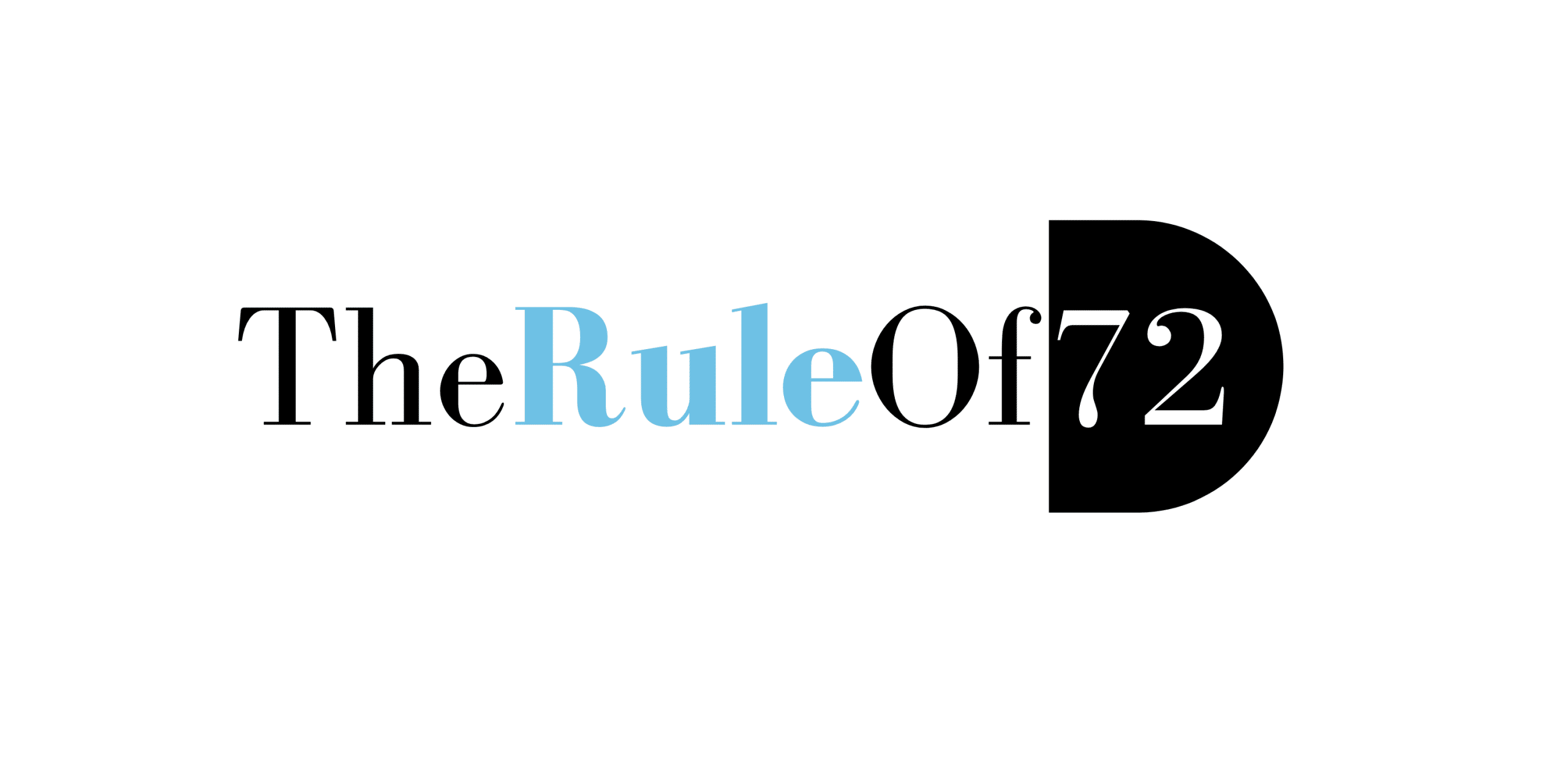Where did insurance originate from and why does it matter?

Insurance plays a crucial role in modern society, providing individuals and businesses with financial protection against various risks. But have you ever wondered where insurance originated and why it matters? In this blog post, we will explore the fascinating origins of insurance and delve into its significance. Understanding the historical development of insurance helps us appreciate its purpose, evolution, and impact on our lives today.
Origins of Insurance
The concept of insurance dates back thousands of years to ancient civilizations. The earliest forms of insurance can be traced to ancient China, where traders would distribute their goods across multiple vessels to minimize the risk of losing everything in a single shipwreck. They would share the potential losses collectively, creating a primitive form of risk-sharing and spreading.
In ancient Babylon, around 1750 BCE, the Code of Hammurabi introduced the concept of maritime insurance. Merchants would pay an additional fee to a lender, who would assume the risk if the goods were lost or damaged during the journey. This arrangement provided protection against unforeseen events and encouraged trade and commerce.
The Greeks and Romans also had forms of insurance. Greek and Roman burial societies offered financial assistance to members’ families in the event of their death, functioning as a primitive life insurance system. In Rome, burial clubs known as “collegia” provided similar benefits, ensuring that funeral expenses were covered.
During the Middle Ages, insurance began to take shape in various forms. Guilds and trade associations in Europe offered mutual aid to members, compensating for losses caused by fire, theft, or other calamities. These early mutual insurance organizations laid the foundation for modern-day mutual insurance companies.
The Emergence of Modern Insurance
The concept of insurance as we know it today emerged during the 17th and 18th centuries. In 1666, the Great Fire of London devastated the city, leading to the creation of fire insurance. Insurance companies, known as underwriting syndicates, started to offer policies that provided compensation for fire-related losses. This development marked the birth of property insurance.
Marine insurance also gained prominence during this period. Lloyd’s Coffee House in London became a hub for shipowners, merchants, and insurers to gather and discuss marine risks. Lloyd’s of London, established in the late 17th century, became the leading insurance market for marine and other specialized risks.
Insurance expanded further in the 19th century with the rise of industrialization and the need to protect businesses and individuals against a broader range of risks. Life insurance gained popularity, offering financial security to families in the event of the breadwinner’s death. Insurance companies began to establish standardized policies and pricing structures, contributing to the growth and regulation of the industry.
Significance of Insurance
Insurance matters for several reasons. Firstly, it provides individuals and businesses with peace of mind, knowing that they are protected from unforeseen events that could result in significant financial losses. Whether it’s a car accident, a fire at a home, or a medical emergency, insurance mitigates the financial burden, enabling individuals to recover and rebuild their lives.
Insurance also promotes economic stability and growth. By assuming risks, insurance companies allow businesses to take on ambitious projects and investments, knowing that they have a safety net in case of losses. Insurance acts as a catalyst for entrepreneurship and innovation, fostering economic development.
Furthermore, insurance enhances social welfare by facilitating risk-sharing among a larger population. By spreading risks across many policyholders, insurance companies can pool resources and effectively manage losses. This collective risk-sharing mechanism promotes social cohesion and ensures that the burden of losses is distributed more equitably.
Insurance plays a vital role in risk management and disaster recovery. In the face of natural disasters, such as hurricanes, earthquakes, or floods, insurance provides financial assistance to individuals and communities affected by these events. It helps in rebuilding homes, replacing damaged belongings, and supporting the recovery process. Insurance also plays a crucial role in business continuity, helping companies recover from unexpected losses and minimizing the economic impact of disasters.
Another significant aspect of insurance is its contribution to personal and public health. Health insurance enables individuals to access necessary medical care without incurring exorbitant expenses. It promotes preventive measures and encourages regular healthcare visits, leading to early detection and treatment of diseases. Moreover, insurance supports public health initiatives by covering the costs of vaccinations, screenings, and other preventive services.
Final Thoughts
In conclusion, the origins of insurance can be traced back to ancient civilizations, and its evolution over time has shaped the way we protect ourselves against risks. Insurance provides financial security, promotes economic stability, enhances social welfare, and plays a vital role in risk management and disaster recovery. While it has its advantages, challenges such as cost and limitations should also be considered. Understanding the significance of insurance helps us appreciate its importance in safeguarding our lives, businesses, and communities from the uncertainties of the future.





